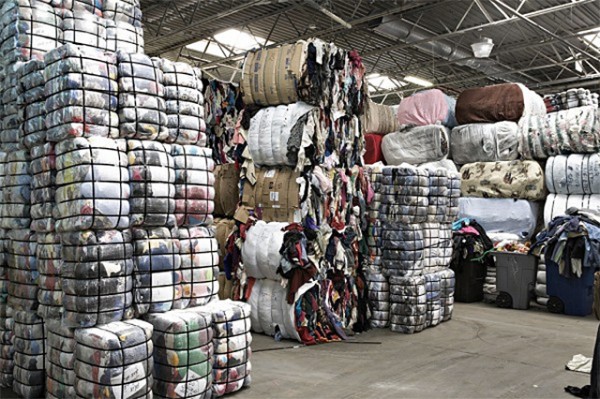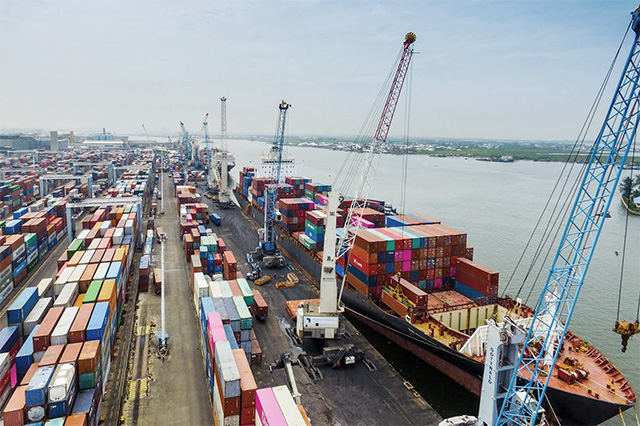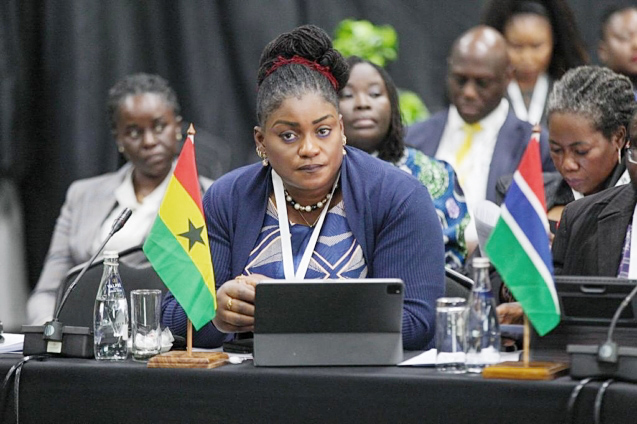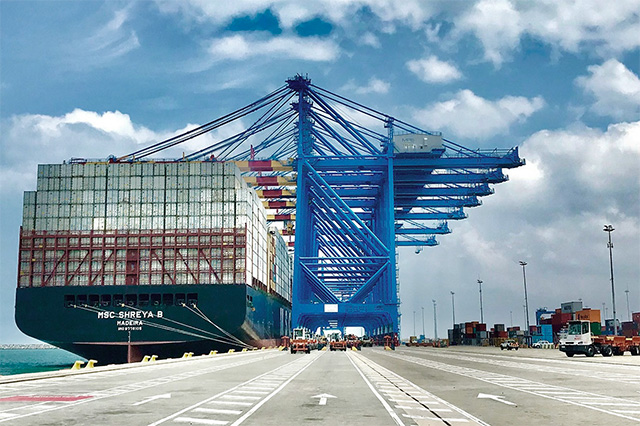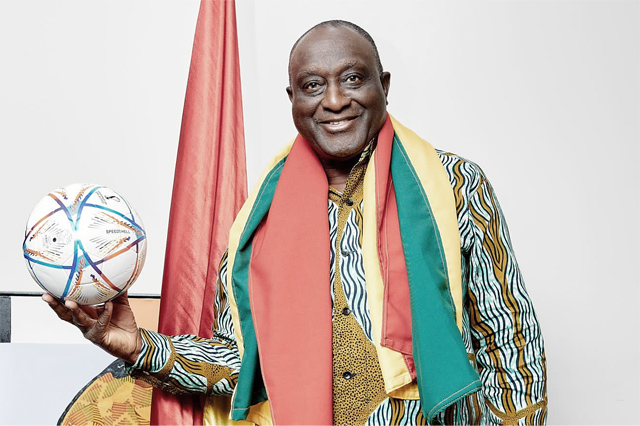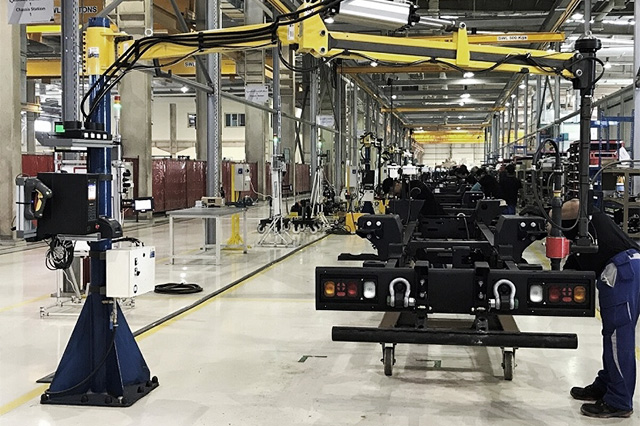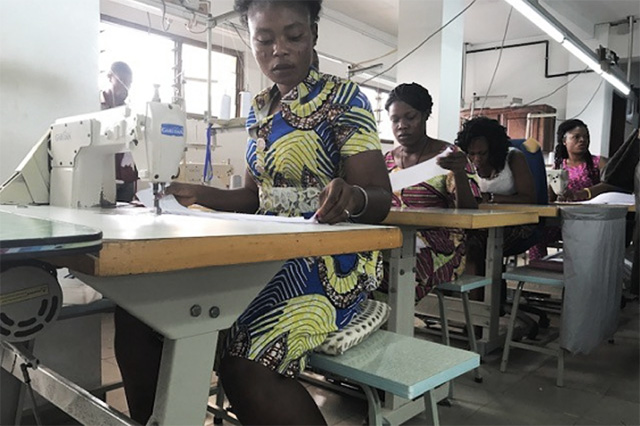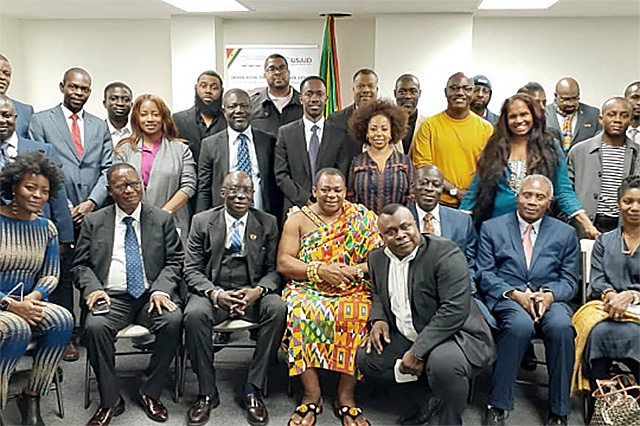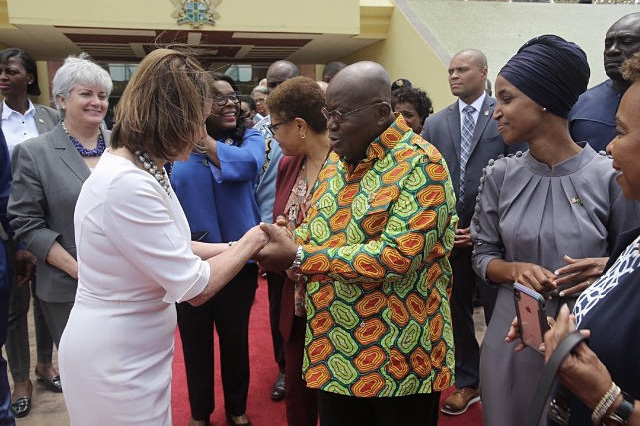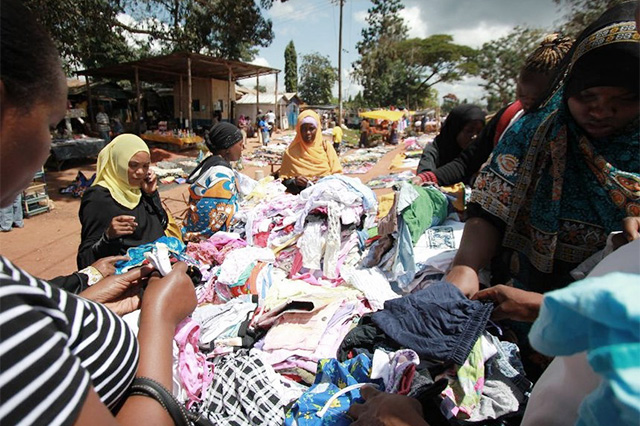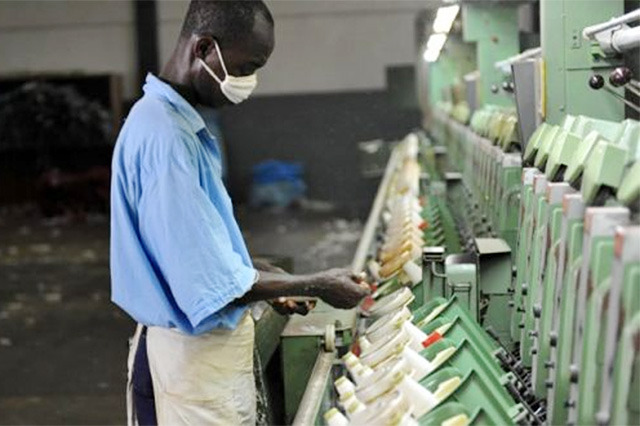Ghana: 'Protectionist ban on imported used clothing - US threatens East Africa with AGOA expulsion'
Called mitumba (“bundles”) in Kenya, obroni wawu (“dead white men’s clothes”) in Ghana and salaula (“select by rummaging”) in Zambia, imported used clothing is frequently blamed for the low level of domestic apparel manufacturing in Africa.
Pressed by local industrialists, the East African Community (EAC), a regional economic grouping, agreed in 2016 to a complete ban on used clothes imports by 2019. Among other reasons, the EAC claimed the low prices of such items were holding back development.
Global trade in used clothes has grown steadily over the last decade and half, with worldwide exports reaching $4.8 billion in 2015, according to UN Comtrade, the UN Commodity Trade Statistics Database, which contains more than three billion records.
In 2015, East Africa imported $151 million worth of used clothes and shoes, mostly from Europe and the United States, where consumers regularly buy new clothes and dispose of old ones, often giving them away to charities. At least 70% of donated garments end up in Africa, according to Oxfam, a British charity that also sells used donated clothes on the continent.
With a combined 36.1% of the global share, the United States, the United Kingdom and Germany were the top three used clothes exporters in 2015. The United Arab Emirates (7.3%), Pakistan (5.0%) and India (4.4%) were the top importers, while Kenya, a distant 12th in global ranking, was sub-Saharan Africa’s top destination with 2.2% (US$95 million) of global import.
Losing AGOA benefits
Matia Kasaija, Uganda’s minister for finance, planning and economic development, told The Independent, a Ugandan newspaper, that the government took a decisive position to protect its local textile industries and will not bow to pressure, locally or internationally, to remove the taxes on used clothes.
“No one goes around proudly showing off someone else’s discards,” noted Joseph Rwagatare, a columnist for The New Times, a Rwandan newspaper.
Rwandan president Paul Kagame also weighed in: “Do you choose to be a recipient of secondhand clothes under threat of AGOA [the Africa Growth and Opportunities Act], or to grow the textile industry that Rwandans deserve?” He added that “Rwanda and other nations under AGOA have to do other things; we have to grow our economies, our industries.”
Under the act, products including oil, coffee and tea are allowed access to American markets with low tariffs. But the White House has the right to terminate the agreement with a country if it feels that the relationship doesn’t benefit the United States.
Rwanda, Tanzania and Uganda are raising taxes on secondhand clothes imports and at the same time offering incentives to local manufacturers. Kenya has signalled it will not respect the 2019 deadline to impose a ban because it lacks the capacity to meet both the domestic demand for used clothing and the export demand for its textiles.
Countries eager to sustain local textile manufacturing industries are trying to ban used clothes imports, but exporters are pushing back, arguing that any such ban violates international trade agreements.
Imposing taxes
In 2016, Uganda increased an environment levy on used clothes from 15% to 20%, and Rwanda is now taxing imported used clothes at $4 per kg—it will be $5 per kg in 2018. Two years ago the tax was $0.20 per kg. “These taxes will increase as a way of supporting locally made products and industries, while also minimising the health risks that come with the used product,” Rwanda’s finance minister Claver Gatete said in 2016.
Doctors warn that the health risks associated with wearing used clothing include skin candidiasis, scabies, ring worm, body lice, among others.
US lobby groups strongly object to the EAC’s import ban and proposed tax increases. They maintain that 40,000 American jobs would be at risk should the ban enter into force. Further, AGOA, already signed by several African countries, stipulates, among others, that African countries must eliminate barriers to US trade and investment.
Following a petition filed by the Secondary Materials and Recycled Textiles Association (SMART), an American association of textile companies, the US Trade Representative (USTR), an agency that develops and recommends trade policy to the US president, is reviewing relationships with Rwanda, Uganda and Tanzania. African trade experts fear that the USTR may recommend that these countries forfeit AGOA benefits.
Edward Gresser, who is in charge of trade policy and economics at the USTR commented, “Through the out-of-cycle review, USTR and trade-related agencies will assess the allegations contained within the SMART petition and review whether Rwanda, Tanzania and Uganda are adhering to AGOA’s eligibility requirements.”
On Kenya, Mr. Gresser further explained, “We have determined that an out-of-cycle review of Kenya’s AGOA eligibility is not warranted at this time due to recent actions it has taken, including reversing tariff increases and committing not to ban imports of used clothes through policy measures.”
Smart protectionism
The loss of US trade could be painful should AGOA be cancelled for the three countries. US imports under AGOA from Rwanda, Tanzania and Uganda totaled $43 million in 2016, up from $33 million in 2015, while exports to the three countries rose from $257 million in 2015 to $281 million in 2016, according to a statement from USTR.
While campaigning in June for reelection, President Kagame spoke of hard choices for sub-Saharan African countries attempting to build strong economies through industrialization. With the backdrop of globalization, it’s not in African countries’ interest to embrace unfettered liberalization, the Rwandan president maintained.
Instead some experts are calling for “smart protectionism,” a term that refers to making policies to protect strategic industries in order to advance countries’ national development goals. “All countries that have industrialized started with some degree of protectionism,” Carlos Lopes, a former head of the UN Economic Commission for Africa, told Africa Renewal in an earlier interview.
Ahead of the AGOA review of the EAC members’ eligibility, a report by the US Agency for International Development (USAID) warned that a ban on used clothes imports could cause the EAC to lose approximately 355,000 jobs and $230 million in income. In addition, without AGOA benefits, “the EAC has the potential to lose 219,000 full-time jobs derived from the trade preference program, leaving 500,000 people in the region without income,” USAID stated.
The economic consequences of a ban do not daunt Mr. Kagame. “This is the choice we find that we have to make. As far as I am concerned, making the choice is simple, we might suffer consequences. Even when confronted with difficult choices, there is always a way.”
Time will tell whether Mr. Kagame is right.


